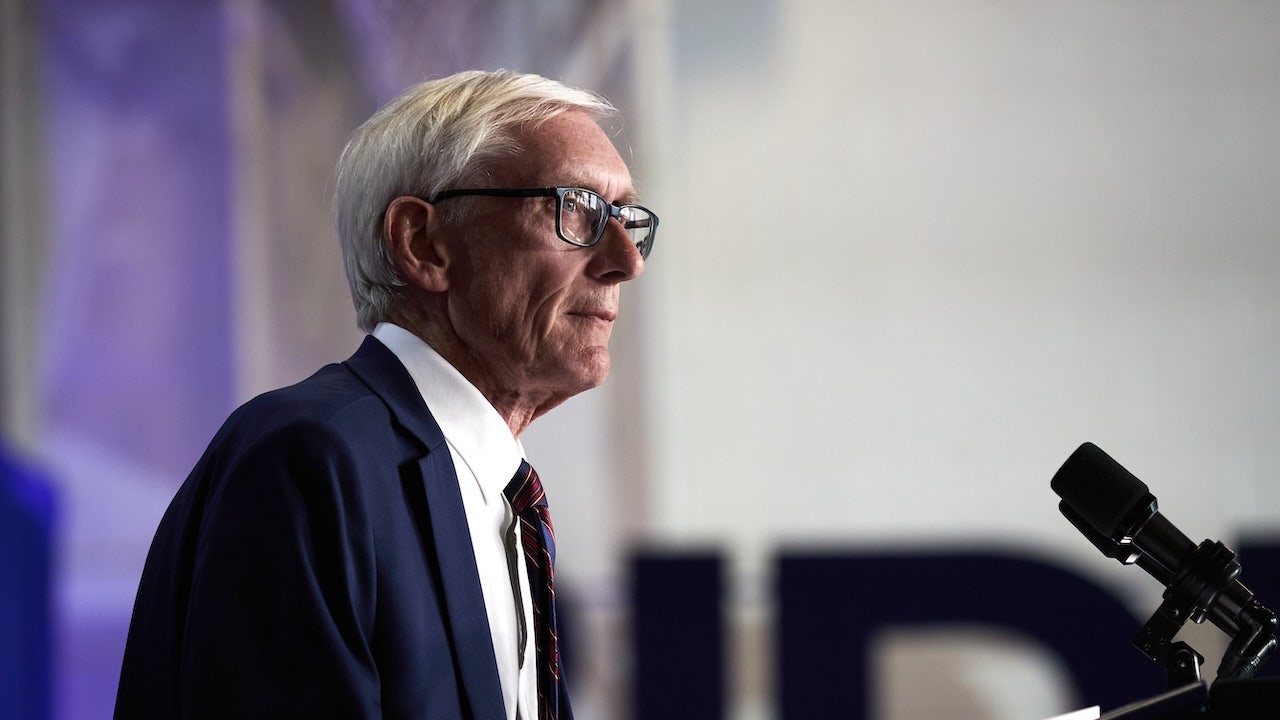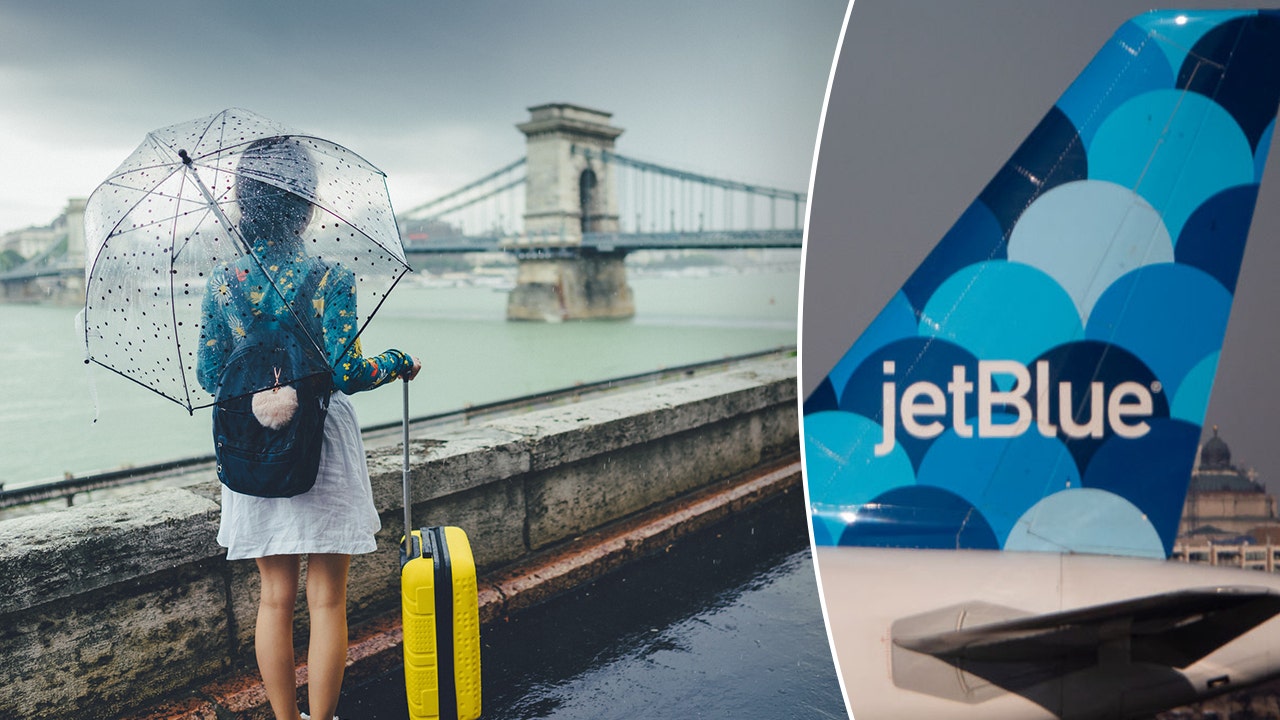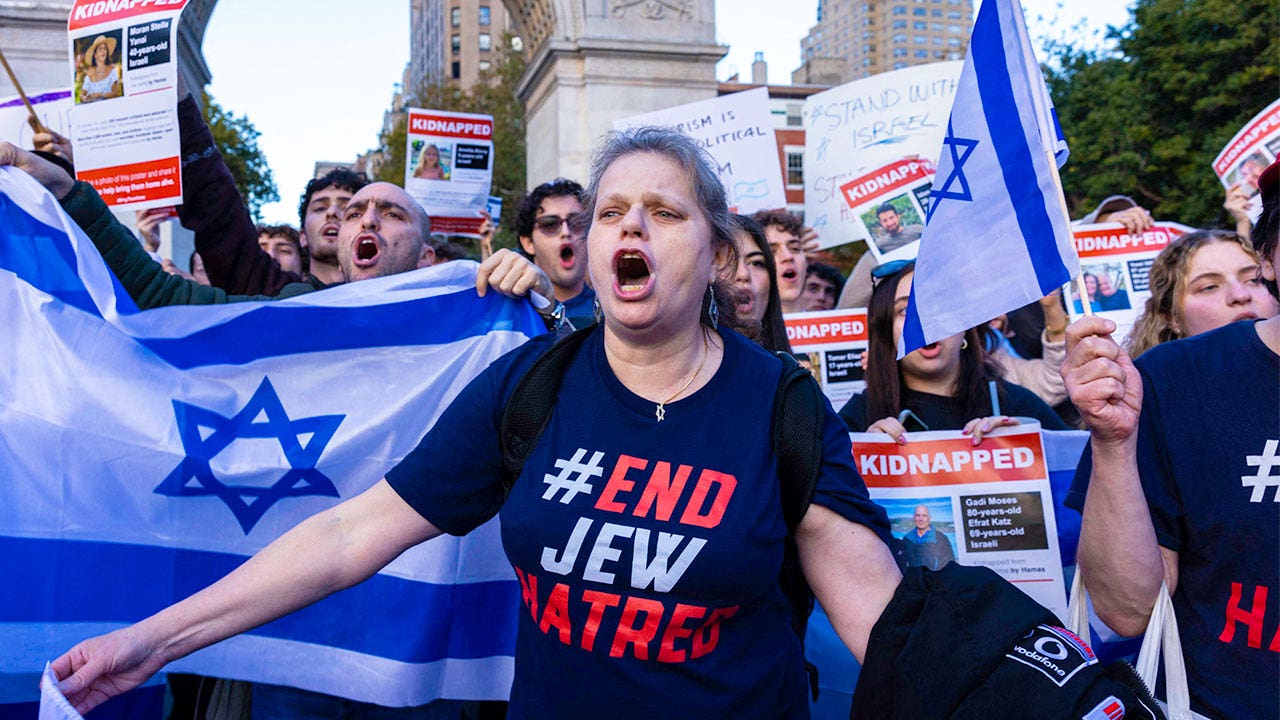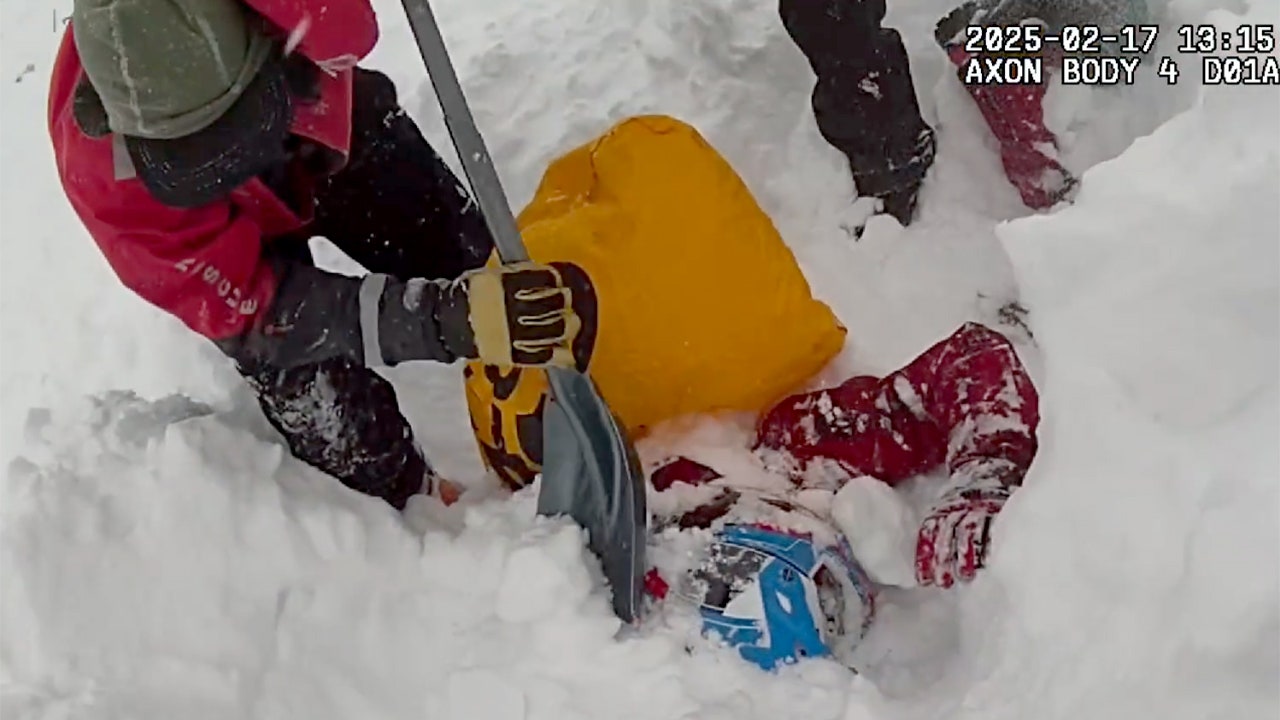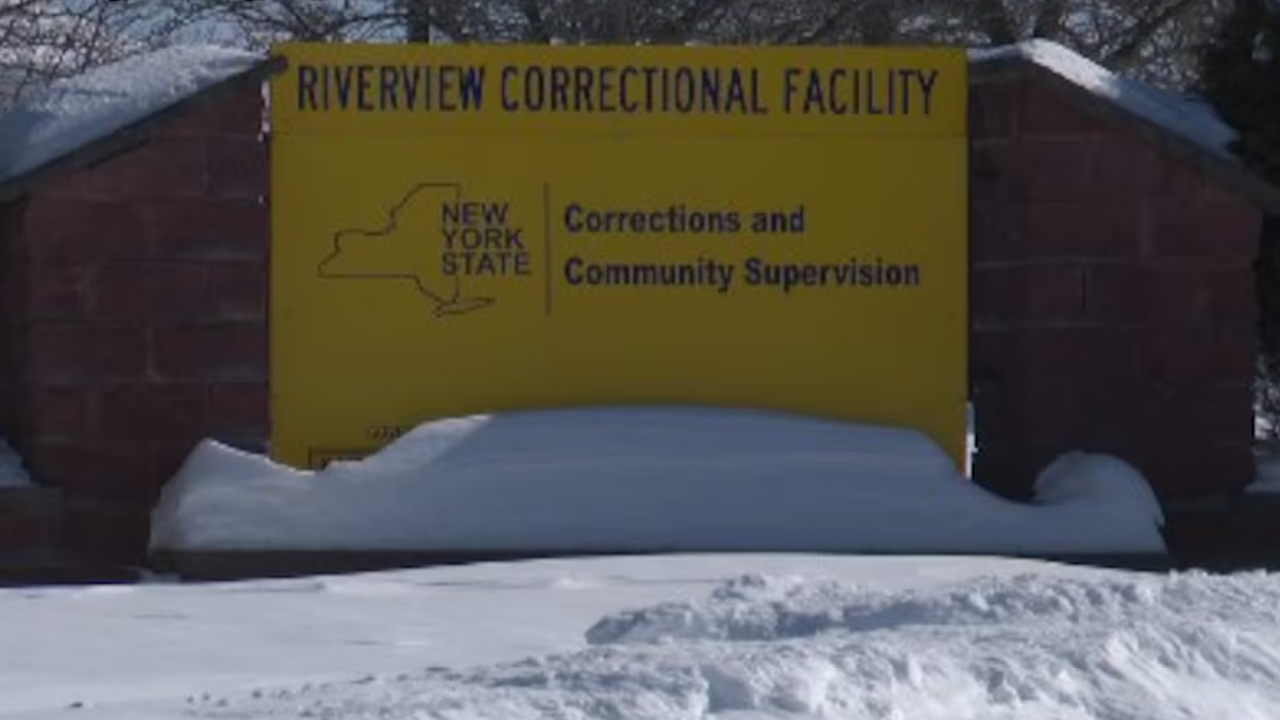Alarming Surge in Antisemitic Incidents in the U.S. Post-Oct. 7 Terror Attack
A new report reveals a staggering increase of nearly 200% in antisemitic incidents across the United States following the Hamas terror massacre on October 7, starkly comparing to figures from the previous year.
This unsettling report from the Anti-Defamation League’s Center on Extremism documents over 10,000 antisemitic incidents, marking an unprecedented spike since their tracking began in 1979. Just a year prior, the organization reported only 3,325 incidents.
“As we pause to remember the victims of the October 7 terror attack, we acknowledge a profound sorrow and fear that has enveloped the Jewish community,” expressed Jonathan Greenblatt, CEO of the ADL, during the announcement of the report.
“Since that tragic day, Jewish Americans have faced relentless threats and an unbearable surge in violence, creating an atmosphere of constant distress,” Greenblatt continued. This emotional turmoil is underpinned by numbers, with over 8,000 incidents categorized as verbal or written harassment, more than 1,840 as vandalism, and over 150 recorded physical assaults.
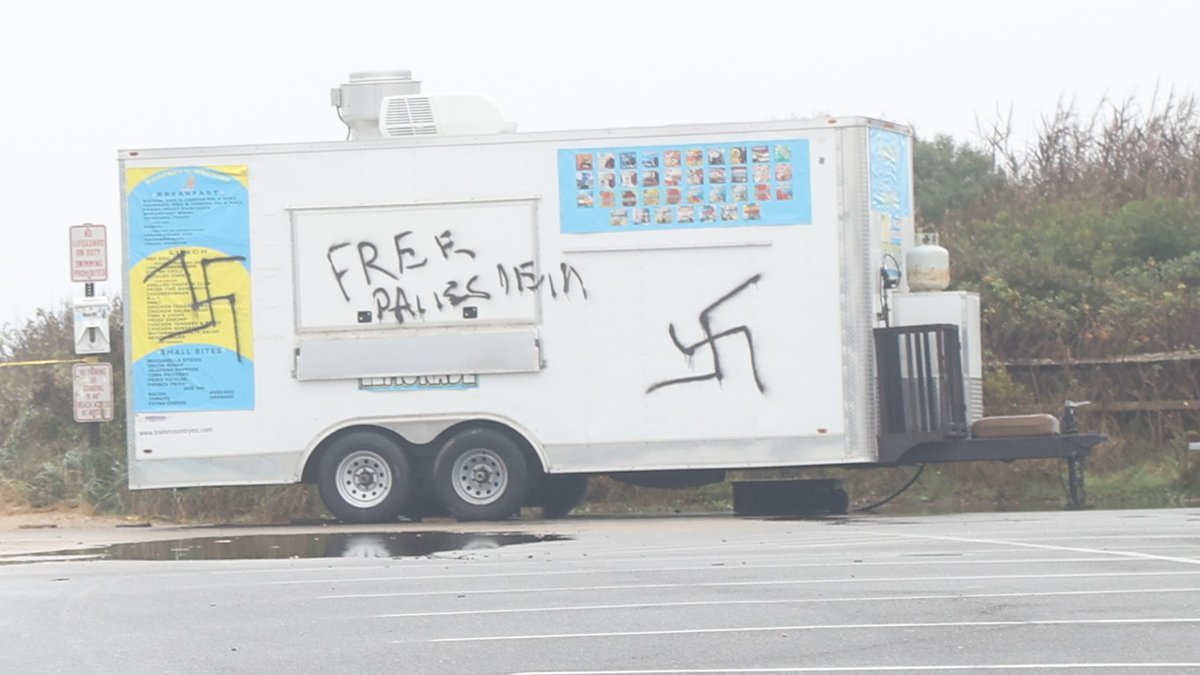
Notably, around 12% of these incidents occurred on college campuses, a significant increase compared to approximately 200 incidents recorded during the same time frame the previous year. Additionally, about 20% targeted Jewish institutions, such as synagogues and community centers, while around 30% took place during anti-Israel protests.
Although the ADL has confirmed 8,873 incidents of antisemitism in 2023 alone, marking a 140% increase from 2022, they cautiously project these numbers may rise further as ongoing investigations unfold. The repercussions of such data are deeply troubling.
Alarm about these rising antisemitic acts extends beyond U.S. borders. In the UK, the Community Security Trust noted 2,093 antisemitic incidents between October 7 and December 13, 2023, the highest recognition of such occurrence since tracking began in 1984. The visible and emotional discomfort becomes palpable, especially as thousands marched against Israel in London last weekend, raising concerns about antisemitic imagery and language amidst their protests.
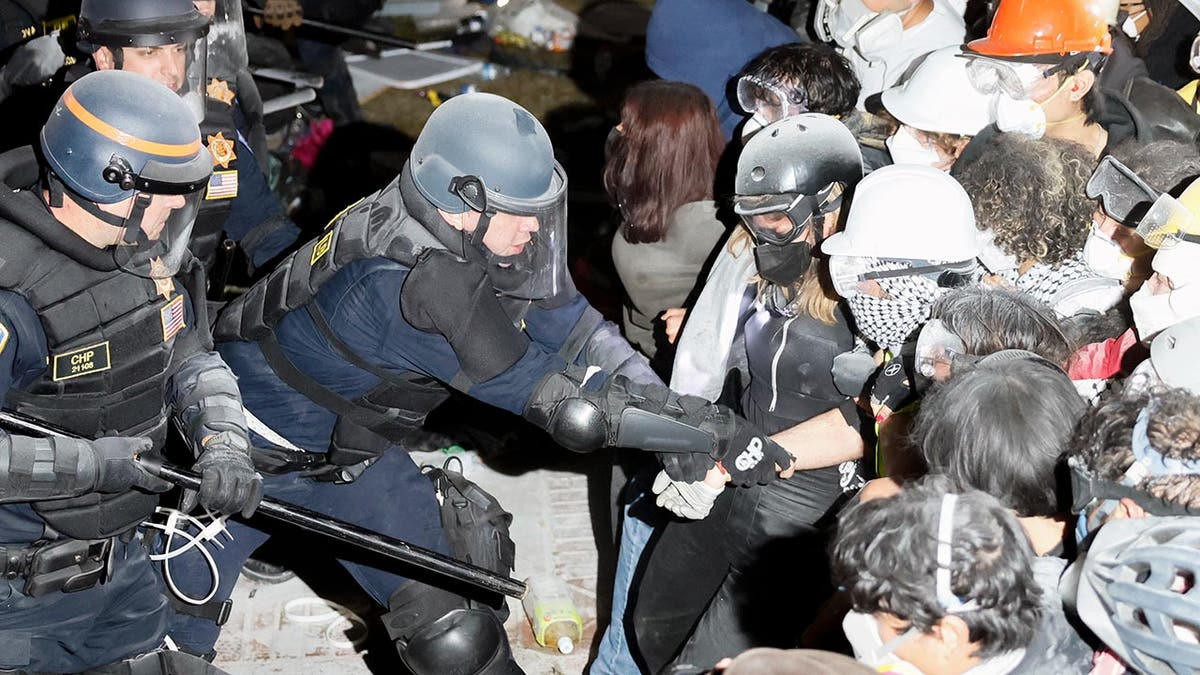
Additionally, Canada mirrors this troubling trend, witnessing escalating attacks aimed primarily at Jewish institutions. In a statement on X, Israel’s Consul General to Montréal, Paul Hirschorn, described the city as an increasingly perilous location for visible Jews, citing repeated assaults on community buildings, including schools and synagogues. Such chilling accounts evoke the spirit of historical reminders, adding weight to criticisms labeling Canada as potentially one of the most hostile environments for Jews in the Western world.
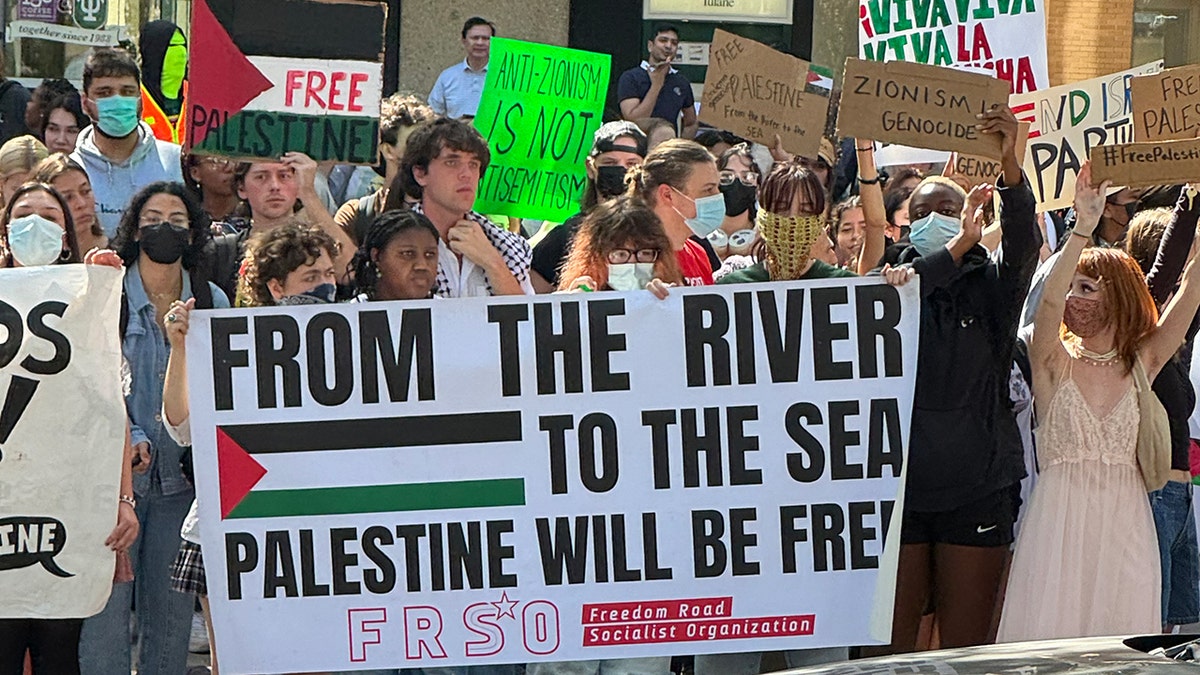
The emotional ripples of this crisis resonate deeply within the community. Commentators, such as Babb, firmly state, “This may be the most antisemitic time in our country’s history.” Amid this turmoil, the threads of human solidarity and empathy appear crucial in weaving a fabric of hope and resistance against hate-filled ideologies. It is perhaps reflective of a broader societal challenge: the need to confront and dismantle the undercurrents of hatred that shape interactions in our communities.
Indeed, a random yet sobering fact to consider is that the rise in antisemitic incidents aligns closely with a resurgence in social media discourse surrounding contentious global events. As people articulate their thoughts and feelings online, the emotional residue often manifests in the physical realm, further exacerbating tensions. Awareness, dialogue, and education remain pivotal as society presses onward, grappling with the haunting shadows of its history while striving for a collective future rooted in understanding and respect.


